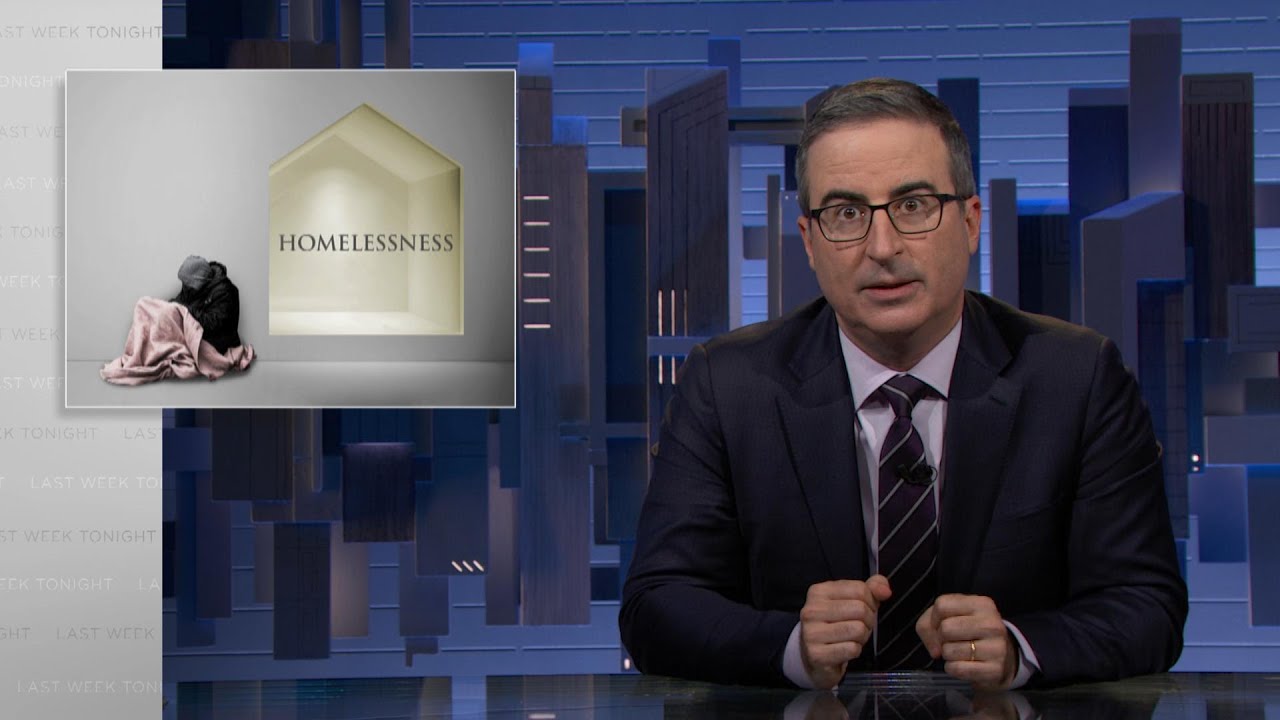The video transcript presents an in-depth exploration of homelessness in the United States, emphasizing the lived realities of unhoused individuals and the systemic failures that perpetuate the crisis. It critiques the often alarmist and dehumanizing portrayal of homeless people in media and public discourse, highlighting how such narratives focus disproportionately on the discomfort or fears of housed residents rather than the urgent needs of the homeless community themselves. The discussion traces the roots of modern homelessness back to policy decisions from the Reagan era, which drastically cut funding for affordable housing and social programs, thereby exacerbating the problem.
The transcript dismantles common misconceptions that homelessness is primarily caused by personal failings such as addiction or mental illness, instead framing it as a multifaceted issue driven by economic pressures, housing shortages, and insufficient social safety nets. It provides personal stories illustrating how easily stable housing can be lost due to rent hikes or job loss, and how shelters often fail to provide a dignified or effective solution.
The video advocates for the “Housing First” model, which prioritizes providing permanent housing as a foundation before addressing other issues like substance abuse or employment. This approach has shown measurable success in reducing veteran homelessness and is argued to be more cost-effective than current cycles of incarceration and emergency care. However, the transcript also underscores significant obstacles to this solution, particularly the “Not In My Backyard” (NIMBY) attitude among many communities, which resists affordable housing developments near them due to stigma and fear.
Ultimately, the video calls for a shift in public perception—from viewing homelessness as a personal choice or moral failing to recognizing it as a systemic issue needing compassionate, structural solutions. It stresses that real progress requires both policy change and a collective change in attitudes towards the unhoused, urging viewers to reject stereotypes and support humane housing initiatives.
Originally posted 2025-08-24 04:15:00.

